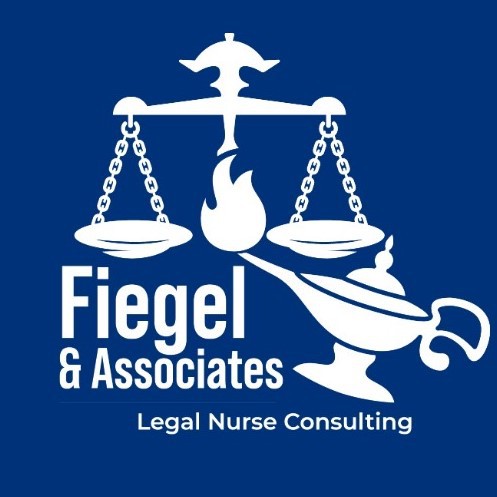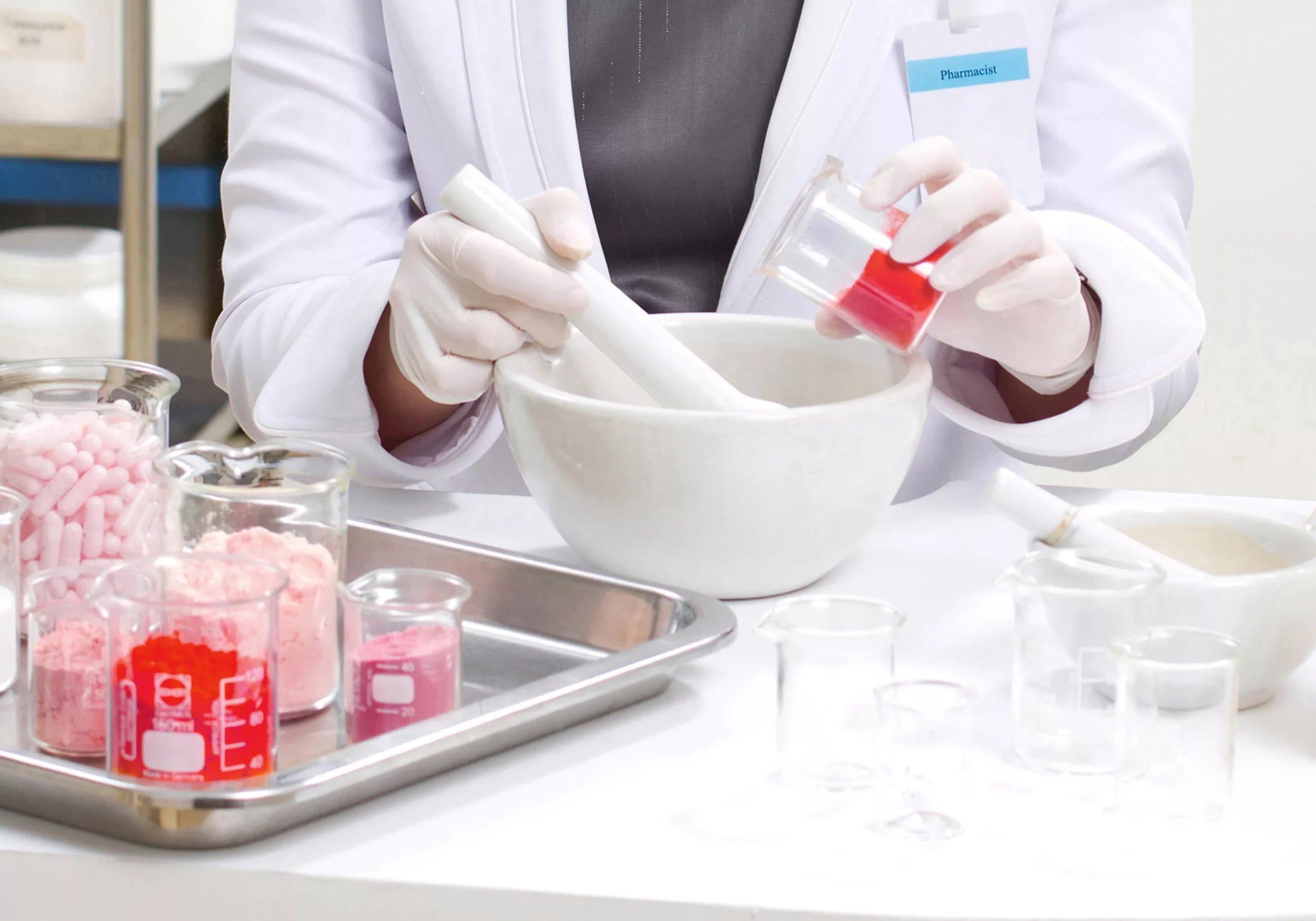Drug compounding involves mixing, altering, or preparing medications tailored to specific patient needs, typically when commercially available drugs do not meet those needs. While this practice is invaluable for delivering personalized medicine, it comes with its own set of challenges for nurses.
Nurses play crucial roles in the healthcare system. Among their numerous responsibilities is the task of compounding drugs—an essential yet often challenging aspect of their role. The practice of compounding is heavily regulated by organizations such as the U.S. Food and Drug Administration (FDA) and state pharmacy boards. Nurses must adhere to strict guidelines to ensure that compounded drugs are safe and effective. However, navigating these regulations can be challenging, as the rules often vary depending on the setting and jurisdiction. Non-compliance can lead to legal repercussions and put patients at risk.
By acknowledging and addressing the challenges nurses face in drug compounding, healthcare systems can improve patient outcomes while empowering nurses in their critical roles. Consider the following challenges and their implications for patient care:
Limited Training and Expertise
Unlike pharmacists who undergo specialized training in drug formulation, nurses often receive limited instruction in this area. This knowledge gap can lead to uncertainties about proper techniques, calculations, or the stability of compounded drugs, increasing the potential for errors.
High Workload and Time Constraints
Compounding medications is a meticulous and time-consuming process requiring precision and focus. In settings like hospitals or long-term care facilities, nurses may find it difficult to allocate sufficient time for accurate compounding, especially when juggling other critical responsibilities. We addressed the ongoing shortages of Registered Nurses in another blog https://legalfiegel.com/the-impact-of-nursing-shortages-on-the-healthcare-industry/ . Additionally, compounding often requires precise mathematical calculations to determine drug dosages and dilutions. A minor miscalculation can result in underdosing or overdosing, potentially jeopardizing patient safety. For nurses who are already multitasking in high-stress environments, the risk of error increases significantly.
Equipment and Sterility Issues
Compounding requires specialized equipment and controlled environments to prevent contamination. Inadequate resources or improper handling can compromise the sterility and efficacy of compounded drugs, leading to potential infections or adverse reactions. Nurses may lack access to the same level of facilities and equipment available to dedicated compounding pharmacists, further complicating the process.
Emotional and Ethical Burdens
Nurses often face significant emotional and ethical pressure when compounding drugs, knowing that the outcomes directly impact patient health. The fear of making a mistake can weigh heavily, especially in life-threatening situations where compounded medications are critical. Balancing this responsibility while maintaining confidence can be emotionally draining. The American Nurses Association specifically addresses this “ethical responsibility” – note the verbiage “must recognize” that is included. “ANA holds that nurses in all roles and settings must recognize their responsibility for ethical practice environments and therefore must have access to resources that facilitate assessment, reflection, and support for education to improve ethical practice.” https://ojin.nursingworld.org/table-of-contents/volume-28-2023/number-1-january-2023/responsibility-to-promote-ethical-practice-environments/
Interdisciplinary Communication
Effective collaboration between nurses, pharmacists, and physicians is essential for successful compounding. However, communication breakdowns can occur, especially in fast-paced healthcare environments. Misunderstandings about prescriptions, dosages, or patient needs can lead to errors, underscoring the importance of clear and open dialogue.
The process and protocols of drug compounding places significant responsibility on the RN.
“By staying informed about current practices and safety guidelines, nurses can effectively contribute to the compounding process and improve patient outcomes.” https://nursing-science.com/knowledgebase/how-has-technology-influenced-compounding-in-nursing
Conversely, medical journals, healthcare institutions and even online searches leave a noticeable dearth of responsibility to other groups or organizations. Medical malpractice litigators might consider this lopsided scenario while researching causation. Certified Legal Nurse Consultants such as Fiegel & Associates can be a valuable resource to your firm. www.legalfiegel.com

